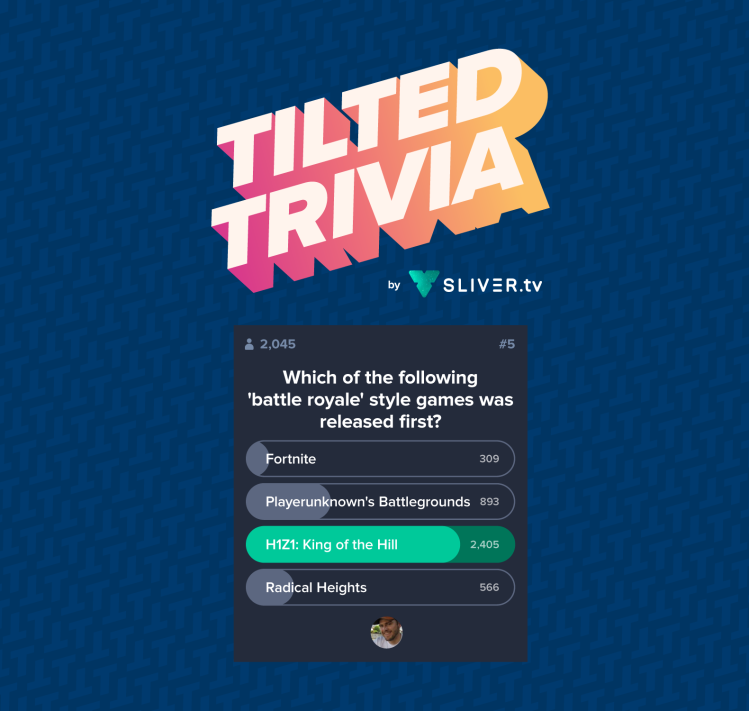Starting today, Twitch partners and affiliates will be able to install extensions that their viewers can pay to use. These tools include on-stream minigames and interactive features like polls. The broadcasters will receive 80 percent of the revenue, and the extensions’ developers will receive 20 percent.
Once a broadcaster has installed one of the extensions, viewers will be able to use Bits, which act as Twitch’s virtual currency, to use them. Some of these features allow the audience to interact with the streamers. For instance, iPowow’s Poll extension enables viewers to vote on what happens next. Other tools are games skinned on top of the stream — like Bit Arcade from Doborog Games, which provides users with retro-inspired minigames to play.
The beta version of this new monetization program will include more than 30 different extensions. Some are crafted specifically around popular games. Sliver.tv’s Tilted Trivia challenges viewers to answer questions about titles like Fortnite: Battle Royale, Overwatch, and Counter-Strike: Global Offensive. Esports One’s OneView is for League of Legends only, and viewers can pay to make predictions about how a match will go and view a leaderboard to see where they stand in the community.
Twitch first launched its extensions in September with tools for broadcasters to personalize their channels with music, loyalty programs, and features that enable viewers to learn more about the games they’re playing. Some events have integrated extensions, like The Game Awards overlay that enabled the audience to vote on what titles they thought would win in each category.
June 5th: The AI Audit in NYC
Join us next week in NYC to engage with top executive leaders, delving into strategies for auditing AI models to ensure fairness, optimal performance, and ethical compliance across diverse organizations. Secure your attendance for this exclusive invite-only event.
“We built extensions to best serve what Twitch is best known for: community interactions,” said Twitch’s product manager of extensions Jeffrey Chow in a statement. “By enabling revenue generation from Extensions, developers can make more of them, which ultimately opens up more interactive possibilities and monetization methods for content creators.”


